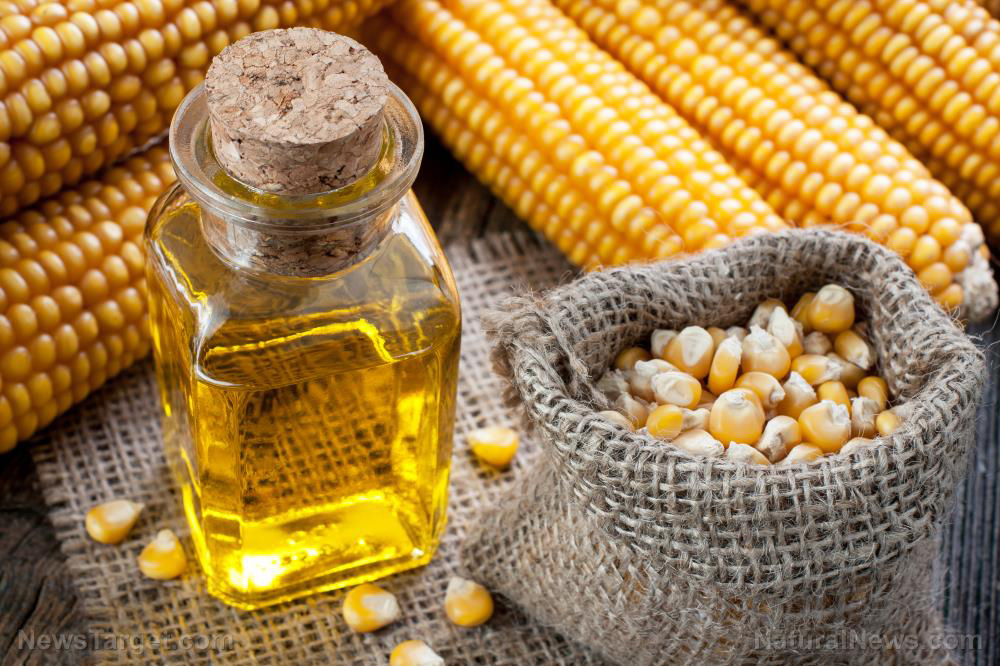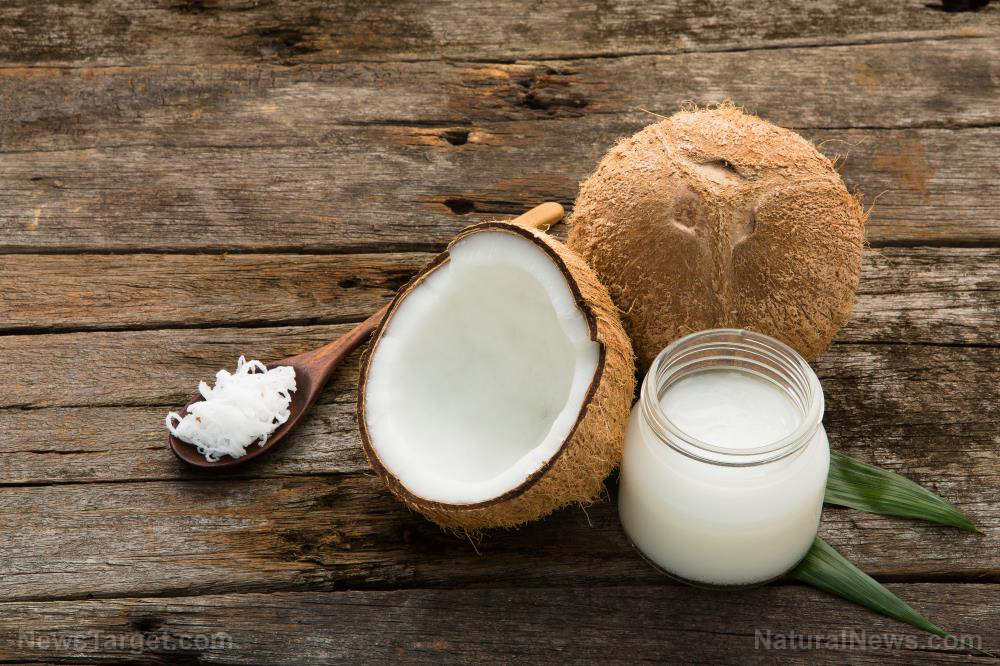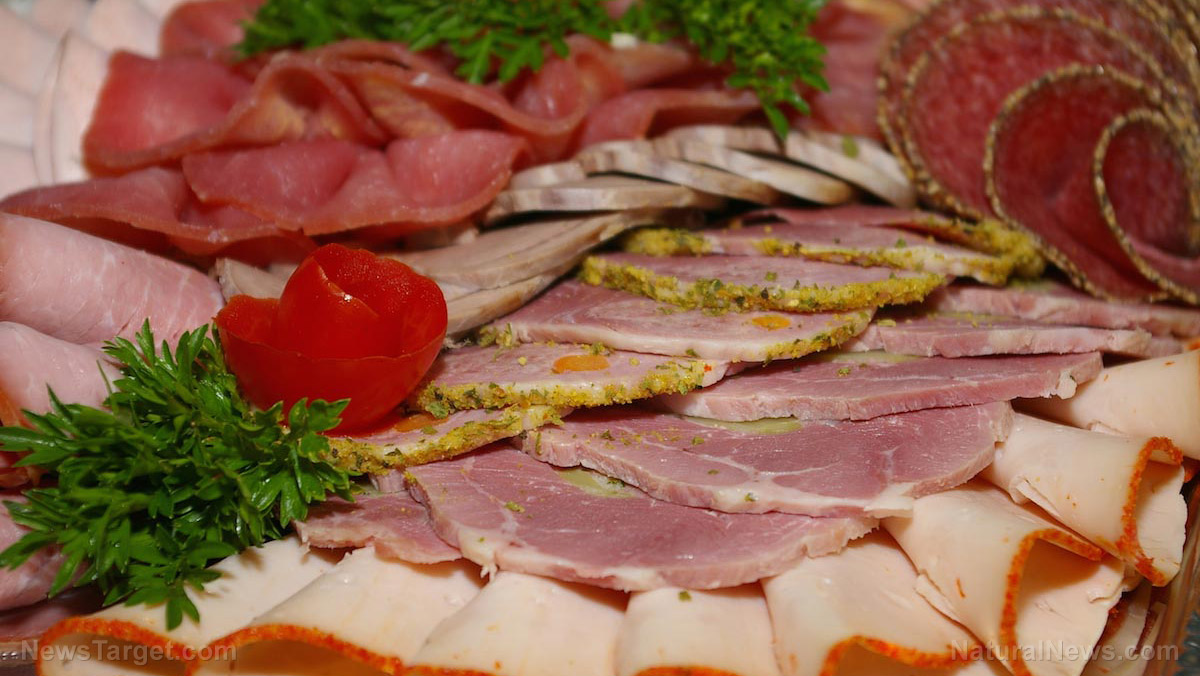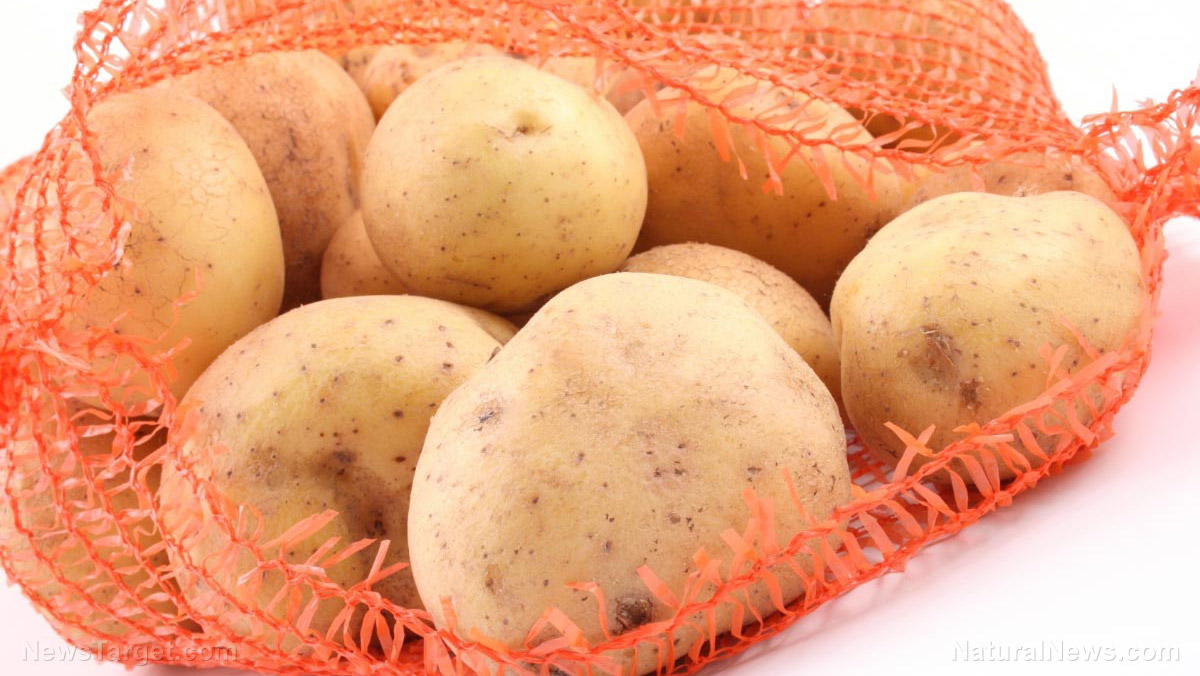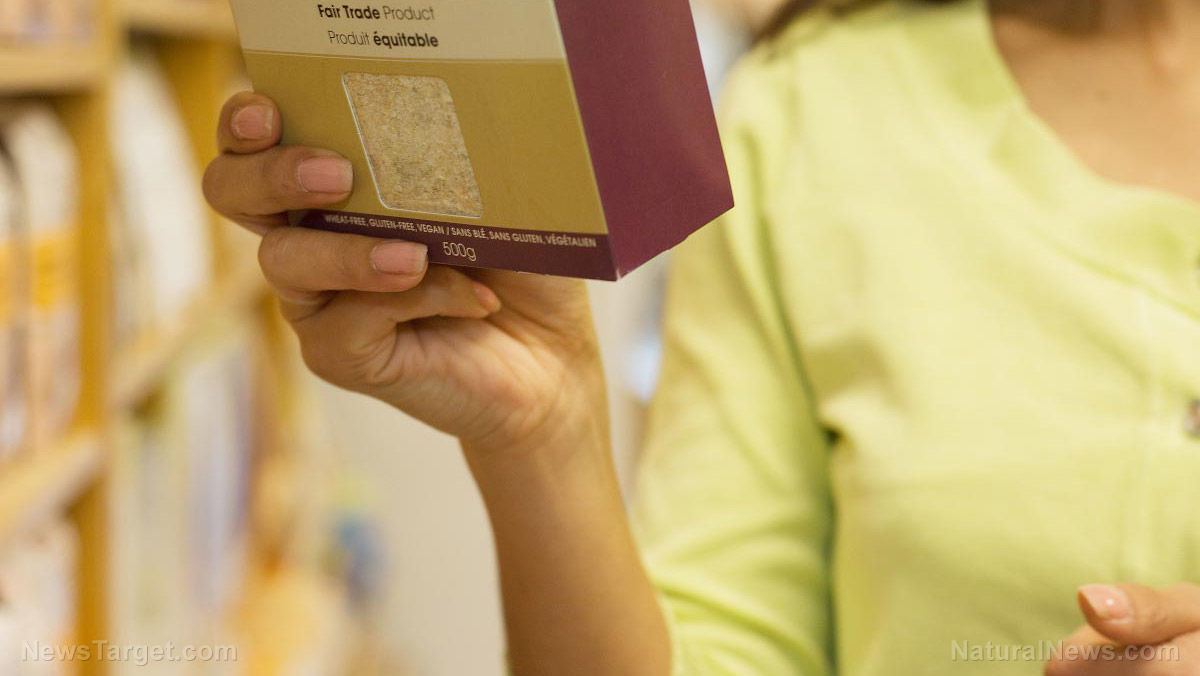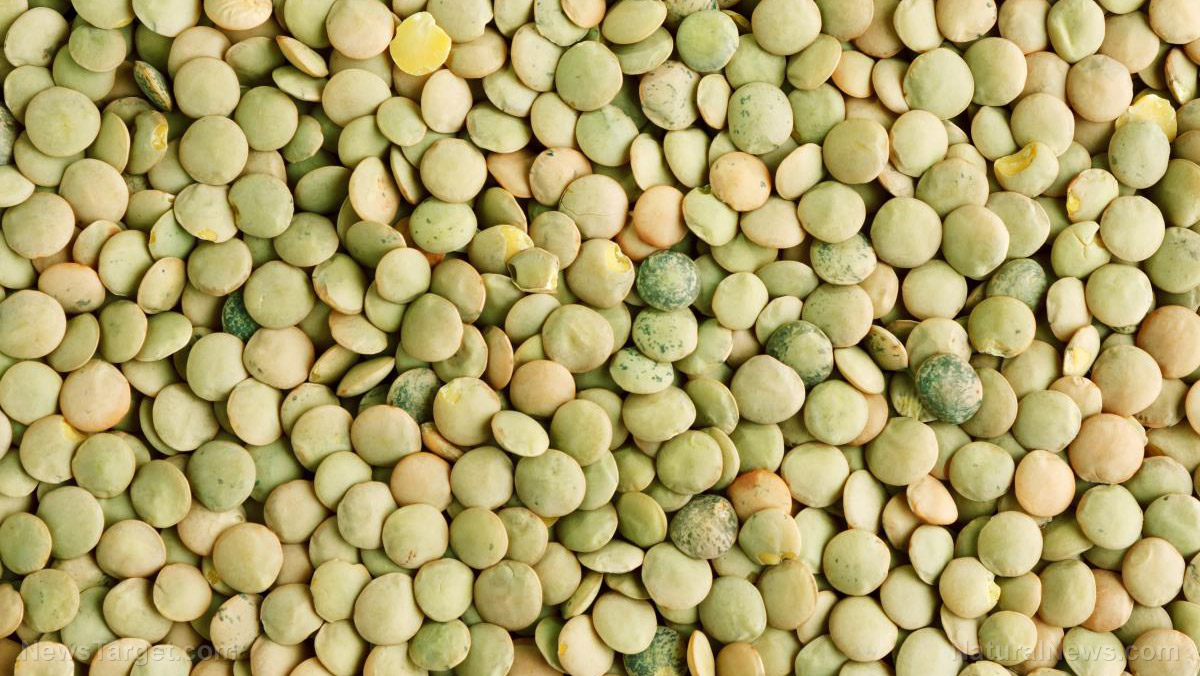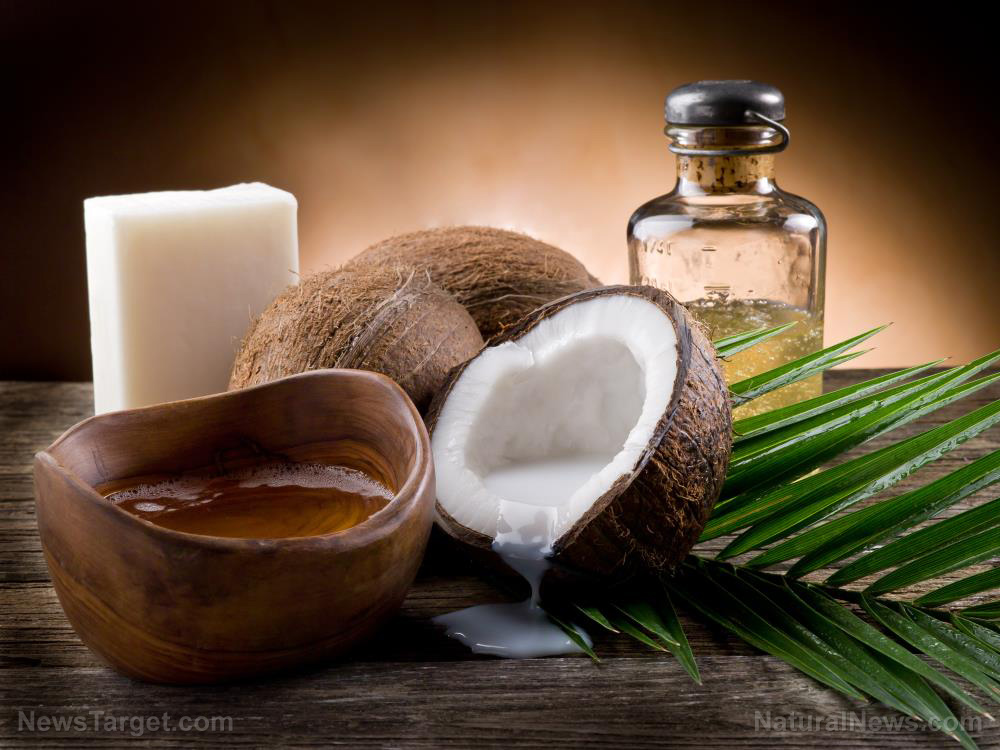Scientists are attempting to develop more health-friendly meat by replacing fat with naturally occurring sugars
11/01/2018 / By RJ Jhonson
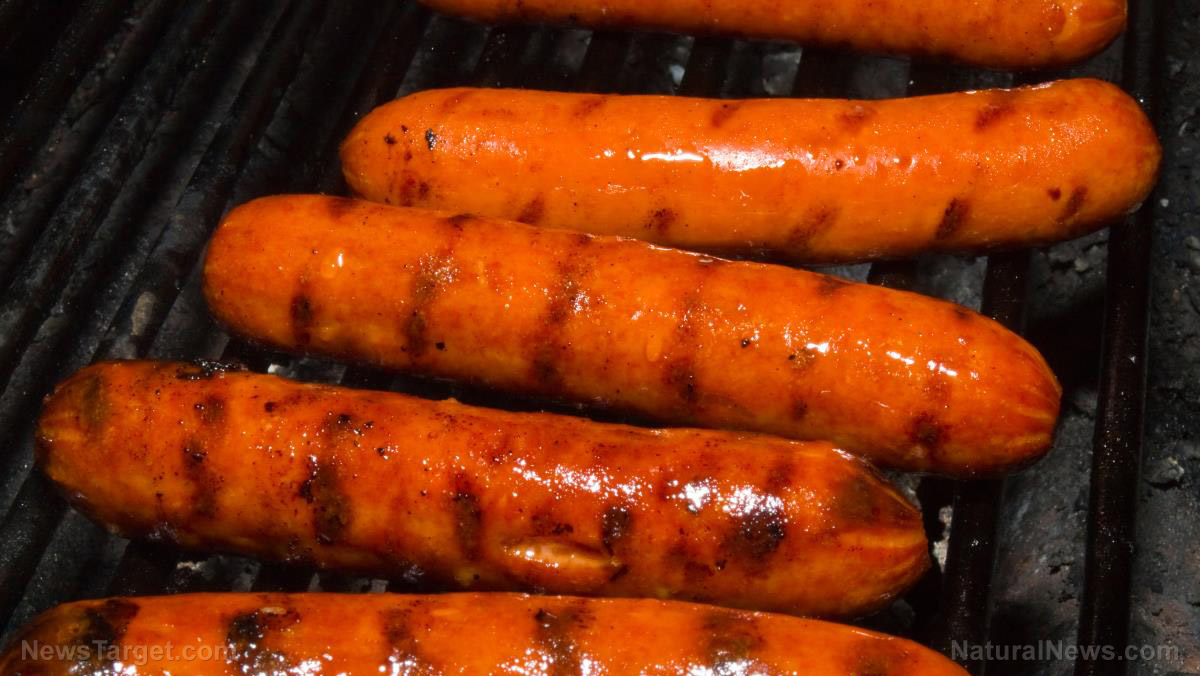
One of the proposed solutions to the growing concern over the effects of processed meat products on human health is to substitute fat with natural sugars like pectin and inulin. A study published in CyTA – Journal of Food determined the optimal percentage of inulin and pectin that can replace fat without affecting the physical properties of meat products.
Humans have been processing meat for a long time. As an example, experts believe that sausages have been produced and eaten as early as 3,500 years ago. Processed meats have their advantages, which is why their production has persisted until today.
For one, the shelf-life of processed meats tend to be longer than that of fresh meat. It is actually believed that the need to preserve food, whether for long journeys or for difficult times, was what compelled humans to learn to process meat in the first place. Additionally, processed meats are often modified to taste better and to have a wealthier nutritional content, making it more appetizing to consumers.
But the intake of processed meats, especially in large amounts, can be bad for human health. Not only do these novel foods contain additives and preservatives, an obscene amount of fat and salt also go to producing them. Because of this, consuming a lot of processed meats is considered a risk factor for diseases such as cancer and heart disease.
Manufacturers are taking steps to make their products more health-friendly. Some are introducing low-salt and low-fat versions of their products. Unfortunately, most of these alterations also change the resulting texture and flavor of the food, making them less attractive to consumers.
In their research, the authors examined the feasibility of pectin and inulin as substitutes for fat in meat products. The goal was to determine the ideal ratio of these sugars so that they do not compromise the physical characteristics of meat products, keeping them delicious and appetizing.
For the study, they evaluated meat batter (MB) treated with six different ratios of pork back fat, inulin, and pectin. These were:
- T1 – Control MB (100% pork back fat)
- T2 – MB + 70 percent pork back fat (low fat)
- T3 – MB + 85 percent pork back fat + 15 percent inulin
- T4 – MB + 70 percent pork back fat + 30 percent inulin
- T5 – MB + 85 percent pork back fat + 7.5 percent inulin + 7.5 percent pectin
- T6 – MB + 70 percent pork back fat + 15 percent inulin + 15 percent pectin
Among these treatments, the researchers noted that meat batter T6, containing 15 percent inulin and 15 percent pectin, came out the best. The treatment reduced the meat batter’s pH levels and maintained its brightness, all while increasing redness, yellowness, and its browning index.
The researchers concluded that to effectively reduce fat and substitute it with pectin and inulin, 30 percent of the meat product’s fat content needs to be substituted with equal parts of the two sugars.
Quick facts about pectin and inulin
Both pectin and inulin are natural products. Because of this, they are regarded as excellent, health-friendly additions to novel meat products. Here are interesting facts about them:
- Both pectin and inulin are natural sugars (polysaccharides). Pectin is found in many fruits, including citrus and apples. Inulin is found in vegetables, wheat, herbs, and some fruits. The inulin used in the study above was derived from chicory.
- Pectin is also used as a thickening agent in jellies, marmalades, and jams.
- Pectin is a good source of iron.
- Both inulin and pectin are prebiotics, which means that they help support the probiotic population in the human gut.
Learn what’s in your food by going to Food.news.
Sources include:
Tagged Under: fat substitute, fats, Inulin, meat products, natural ingredients, novel meat products, pectin, processed meat

